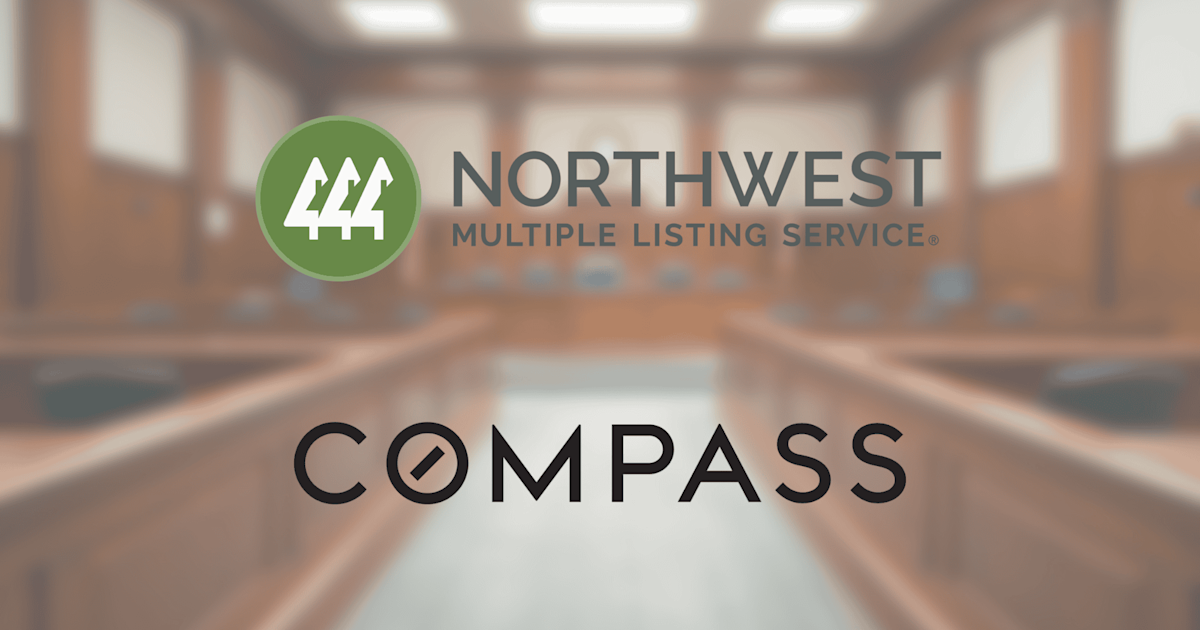R
ecent legal settlements between the National Association of Realtors (NAR) and major real estate brokerages have caused a stir in the industry, prompting many professionals to reassess their practices. At the heart of these legal challenges is transparency, particularly in how commissions and other transaction details are disclosed to buyers and sellers.
A survey conducted in April, just one month after the NAR settlement announcement, showed a significant number of consumers had heard about the changes and were aware of the new transparency requirements for Realtors. By June, over 70% of agents surveyed reported having clients ask about it. Consumers also want more transparency in the offer process, believing that openness will benefit both buyers and sellers and that the traditional blind bidding process should be replaced.
In every other aspect of their lives—from buying a car to financial services—consumers can leverage digital platforms to make informed purchasing decisions with total transparency. They expect to have access to all necessary information and are more likely to work with professionals who willingly provide it. Transparency is not just a regulatory requirement; it's a crucial component of a successful and ethical real estate practice.
Blind bidding is frustrating for buyers and often disadvantages the most qualified and motivated buyer. When a property they were interested in sells for a price they were willing to exceed, buyers are left feeling frustrated. They often ask their agents, "Why didn't the listing agent come back to us and ask us to beat the winning offer? We would have gone thousands higher if we only knew what we needed to do."
For sellers, blind bidding is even more challenging. They can't be sure they've received the best price and terms. Buyers may eventually find another home to purchase, but sellers only have one opportunity to maximize their return on the sale of their home. Transparency benefits all parties involved: It ensures trust and fairness, and the more transparent we are, the better the perception of our industry.
Transparency also leads to more efficient transactions. As the industry evolves, tools and platforms that facilitate transparent transactions will become increasingly valuable for real estate professionals looking to thrive in this new environment. By leveraging platforms that make every aspect of the transaction visible to all parties, agents can ensure they remain compliant with new regulations while also providing the level of service and transparency that today's consumers demand.
Innovative solutions that enhance transparency, such as platforms allowing all participants to see every detail of every offer, including contingencies and commissions, will be particularly important. These platforms represent the future of real estate transactions, offering a model that aligns perfectly with the industry's shift toward greater openness and accountability.
To learn more about how greater transparency can transform your business, visit homesale.plus. Jerry Silverman is a founding member of homesale.plus. Contact him at [email protected] for more information.














